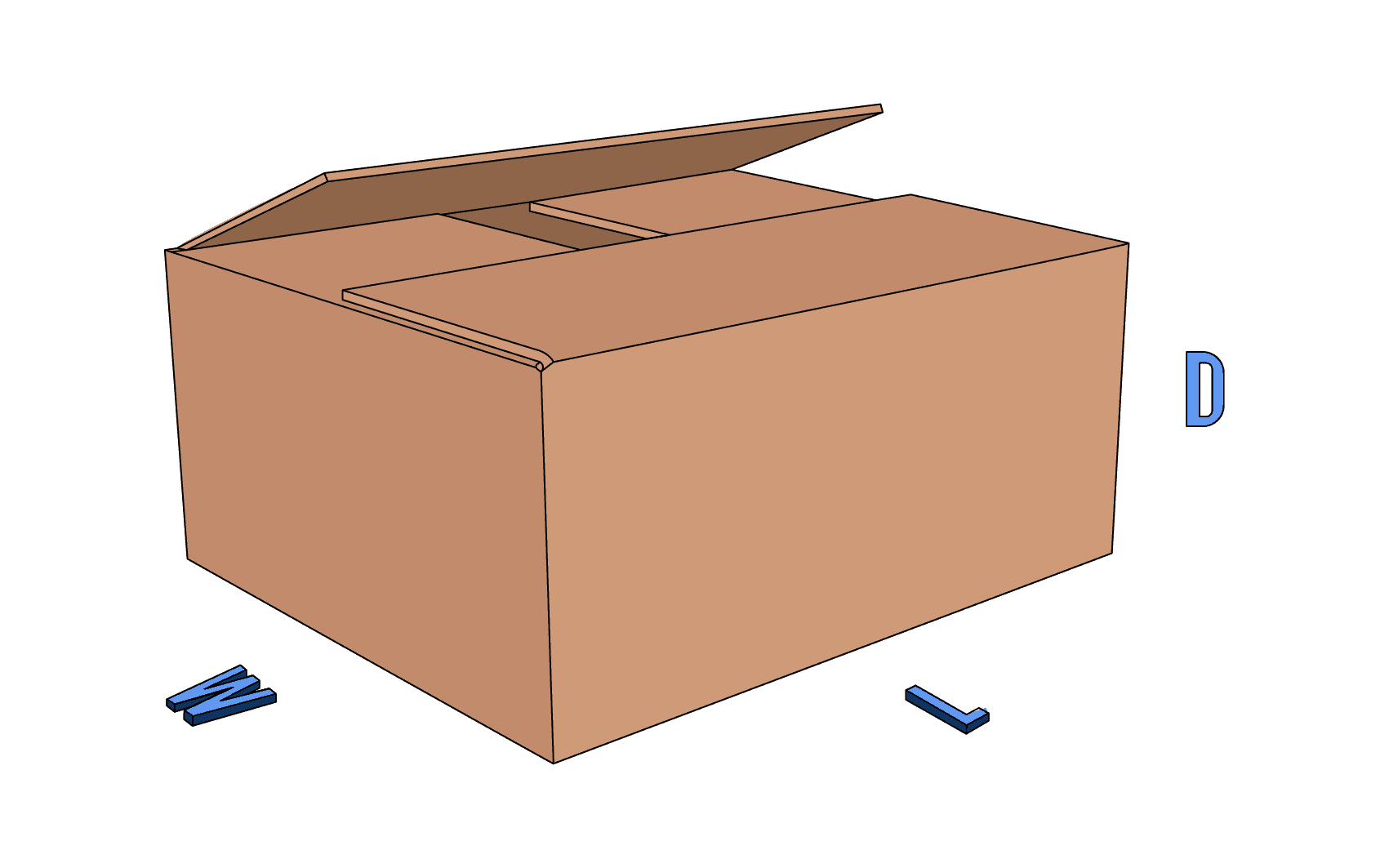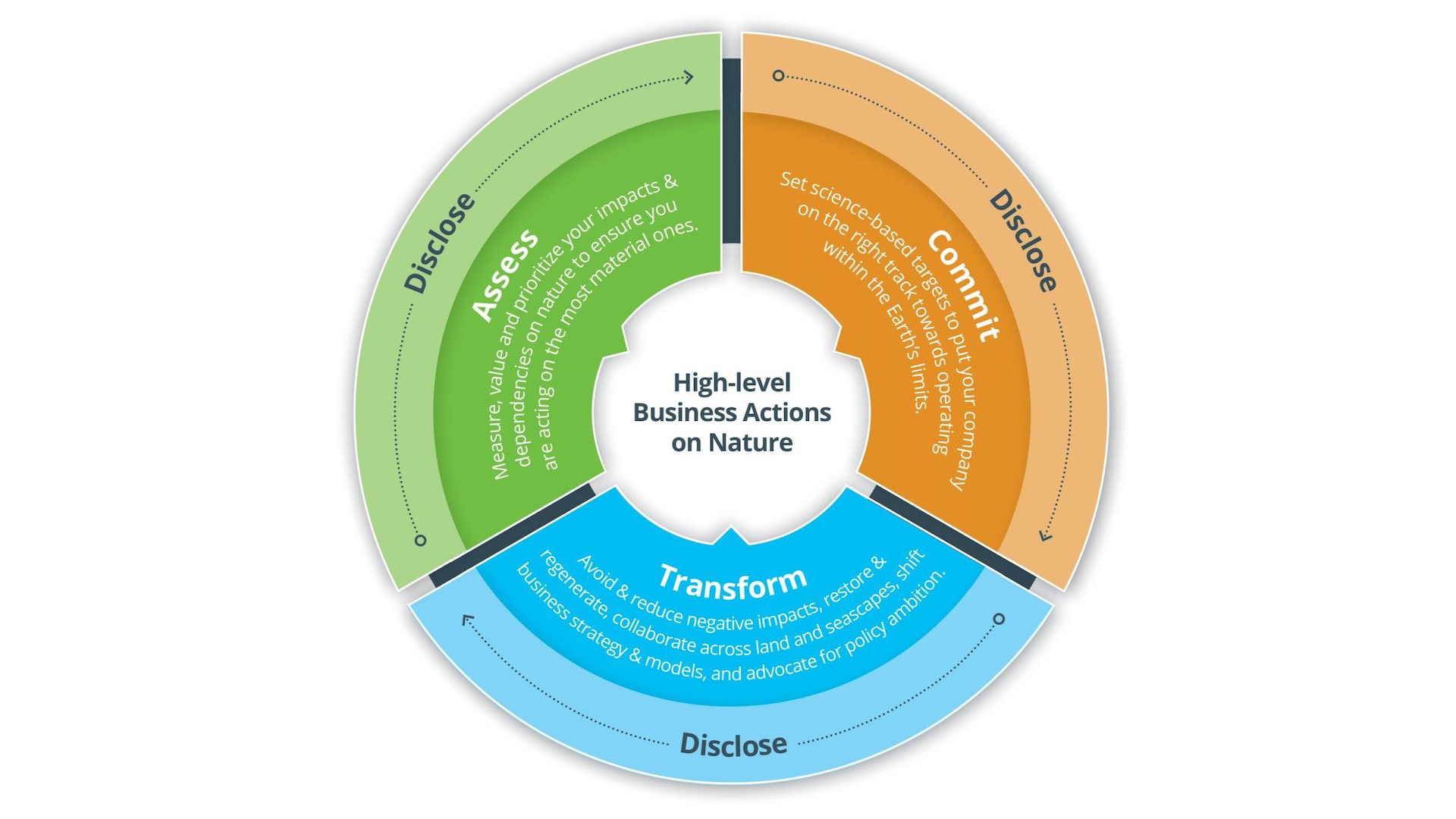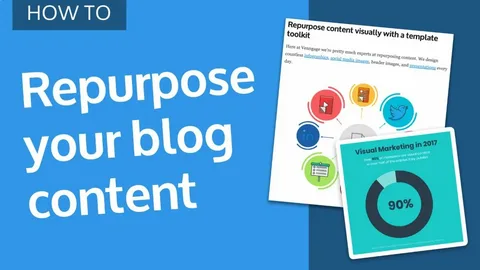Which Interest Rate Is Better For A Home Loan- Fixed Or Floating?
A home loan is a long-term commitment and not a five-finger exercise. It can even stretch up to 30 years, gulping your entire professional life. Even the slightest mistake can be catastrophic. So, you have to be vigilant throughout the process.
Now that you decided to finance your new home partly through a home loan, you have to choose between a fixed interest rate and a floating interest rate. Just because your friend and your neighbor opted for house loan interest rates does not mean you have to follow the trend. It is a crucial choice as it will influence your repayment plan, interest rate, EMI, etc.
So, which one should you choose- fixed or floating? Continue reading to figure out the best one for you!
Fixed Interest Rate
If you opt for a fixed interest rate, you will have a static repayment plan. The interest rate, repayment tenure, and the EMI will be fixed. Nothing will change even if the entire financial ecosystem fluctuates. Here, the lending institution takes the risk of market interest rate fluctuations.
Suppose you took a 30 lakh loan for 20 years before the change in the policy rate. In the case of a fixed interest rate at 7.4% pa, your monthly EMI (P&I) will be Rs. 23,984.69 till the end of the repayment period. The changes in the policy rate will not affect you. In other words, you cannot take advantage of the low-interest rates.
And in such cases, when the market is down (the lowest interest rate since 2005), the fixed interest rate is a Mozart in disguise. Like you block flight prices today to pay the same amount later, regardless of market fluctuations, you can block the interest rate for a home loan.
In other words, if you foresee a future rise in interest rates, you can block the current interest rate.
Floating Interest Rate
In a floating exchange rate, the interest rate is directly proportional to the policy rate set by the Reserve Bank of India (RBI). It changes according to the change in the financial ecosystem of the country.
Suppose you took a 30 lakh loan for 20 years before the change in the policy rate. In case of a floating interest rate at 6% pa, your new interest rate will be 5.6%, and your monthly EMI will decrease pro-rata from Rs. 21,492.93 to Rs. 20,806.43.
Suppose the interest rate was 6% pa in April 2022. So, against a home loan of Rs. 30,00,000 for 20 years, your EMI for April would be Rs.
21,492.93. However, in July 2022, the interest rate will increase to 6.9%, and your new EMI will be Rs. 23,079.23.
Nevertheless, this new figure is less than EMI against a 30,00,000 home loan for 20 years at a fixed interest rate of 7.4%. It is because floating exchange rates are 100 to 250 basis points lower than home loan fixed interest rates. Therefore, even if the repo rates increase, the floating rate will usually be lower than the fixed rate.
However, if market conditions guide the floating rate to overtake the fixed-rate, you will have to pay more EMI till it goes down.
Read alos: Five Easy Ways To View Your Personal Loan Statement
Which is Better- Fixed or Floating?
When you apply for home loan online, you have to choose between fixed and floating interest rates. But which is better?
When you wave the green flag for a fixed interest rate, your bank takes the risk of market fluctuations. However, if the interest rates dip low, as we saw in May 2020, you will not be able to take advantage of it.
However, if you opt for a floating interest rate, you assume the risk of future market fluctuations. If the odds are in your favour, you hold all the cards. But the market is unpredictable. Any unforeseen financial catastrophe can change the whole game.
Final Words
Everything depends on the rise and fall of interest rates. Therefore, if you are in your late 40s, a fixed interest rate will be better for you as your repayment tenure is around 15 years. You are less likely to witness substantial interest fluctuations during this period.
On the other hand, if you are in your late twenties, you will see a lot of interest fluctuations during the repayment tenure. Some of them can be in your favour.
A fixed interest rate is better when the interest rates are all-time low or your repayment tenure is less. A floating interest rate will yield tremendous benefits when you have a more extended repayment period.
Resource: https://bjmono.com/which-interest-rate-is-better-for-a-home-loan-fixed-or-floating/











